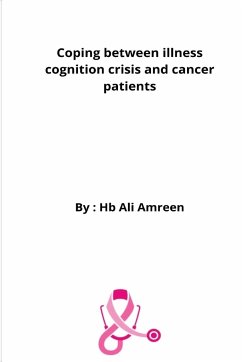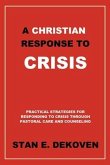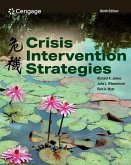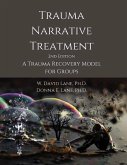INTRODUCTION The present research aims to explore the illness cognition of cancer patients, the distress they go through and their coping strategies. The word cancer whenever spoken, heard or talked of, usually signifies pain, suffering, and death (Gorman, 2018). When cancer is diagnosed, it creates a threat to one's general sense of security and orderliness in life. A cancer diagnosis leads to a complex set of issues, including dealing with physical symptoms from the disease and treatment, facing the anxiety and uncertainty of the disease. A cancer diagnosis can create extreme disruption in the life of the individual. Considering the sudden, pervasive and demanding nature of cancer, it is not surprising that patients may experience feelings of grief, preoccupation, demoralization, and/or anger. The cancer trajectory of an individual has been characterized as a 'living-dying' experience in which, s/he faces the intolerable incompatibilities of life and death, thus, he tries to maintain control and normalize his or her daily activity (Muzzin, Anderson, Figueredo and Gudelis, 1994). Illness is a subjective experience and every individual experiences it differently. Hence, the response to illness varies from individual to individual (Igbinigie, Sneed and Igbinigie, 2013). One's perception about the duration, course and consequences of the disease influences its treatment and controllability (Hagger, Koch, Chatzisarantis andOrbell, 2017). How individuals experience cancer, how they define it and how they perceive it, plays an important role in adjustment with the cancer as well as its treatment (Johansson, Axelsson, Berndtsson and Brink, 2014). Thus, the researchers have started to focus their attention on,
Bitte wählen Sie Ihr Anliegen aus.
Rechnungen
Retourenschein anfordern
Bestellstatus
Storno








